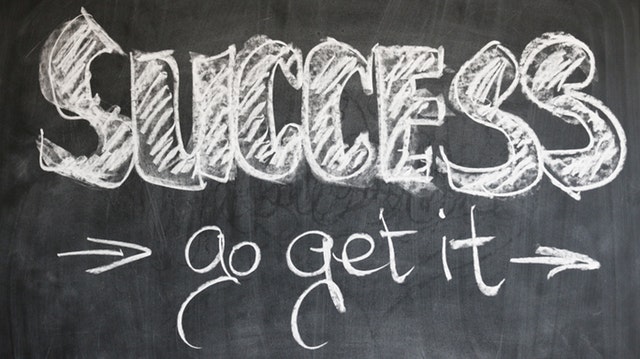Mentoring programs have ceased to be a novelty, and now they are becoming a trend in the organizational world. Therefore, it is essential that we all learn to improve our mentoring skills, so that these processes are increasingly effective and beneficial for companies and their workers. In this post, you will find a very simple tip that will help you build your mentoring qualities.

One of the most beneficial qualities for the improvement of a mentor’s skills is, above all, emotional intelligence. This is so, because the main inherent condition when carrying out a mentoring program is, besides knowing the subject on which the program is concerned, being able to empathize with the mentee and transmit knowledge through a relationship of trust, in which the mentor should also be willing to learn everything the mentee is capable of teaching.
Know yourself. When somebody does not know herself/himself, she/he knows nothing at all. Being aware on your response to certain situations means you will be able to recognize how you feel throughout a day. That is basic. What things do you not support from others? What things make you feel better? If you already know what motivates you, then use that knowledge. Knowing how to answer these questions is key to helping promote the personal growth of mentees. In order to present a point of reference in terms of models of motivation, empathy and emotional balance, it is necessary, precisely, to begin by knowing yourself.
In this way, mentors would achieve to develop emotional intelligence as a tool to ostensibly improve mentoring programs. More than anything, we must emphasize a fundamental aspect. The first is, as mentioned, to work on empathy. This means being able to put yourself in the shoes of other people and contemplate reality from that perspective (especially, if you have to teach the mentee to look at things from a different point of view.)
Read also: Why is mentoring the best way to raise leaders in your company?, by Suzzanne Uhland
On the other hand, you must work on your emotional balance. All people have impulses, but emotionally intelligent people are different from the rest in thinking before acting and controlling their impulsiveness. This has a lot to do with the first point because without him this would be impossible.
It is essential that you find an emotional balance. If not, it would be unfair to you and for those who relate to you. It is good to let off steam and hit a scream in intimacy from time to time, or cry if that is what you need at that moment but do not let the emotions drag you away. Therefore, you should not repress your emotions but do not let them govern you. You are the one in control to allow or not to flourish, and knowing how to manage them is a feature of emotional intelligence.
Without an adequate emotional balance, it is impossible to advance in your improvement as a mentor, mainly because if you are not a person emotionally balanced, you cannot develop as a person, in general.

It is important that the mentors understand that the authority that is held against the mentees is something that is constructed. It is not assumed per se. For that authority to be possible, and, therefore, the guide and transmission of knowledge from the mentor to the mentee, the latter must see in the former a model to follow; someone with a set of solid qualities. So to advance in your emotional management it is very useful to discover what your values are and analyze the beliefs that have formed you around those values. These beliefs are the filters by which you see the world and determine your way of thinking and feeling. If you want to get a higher level in your results, you have to be willing to let go of some of your old ways of thinking to adopt new ones. If to perform this task, you need support consider the Coaching services.
Always remember the following tips:
- Recognize your true feelings, especially your fears and desires.
- Channel your feelings for making choices and reaching your goals.
- Turn the anger into productive energy and use it to fill yourself with it.
- Look for the positive side of negative feelings: Yours and others.
- Go ahead to go beyond your comfort zone in terms of your commitment.
- Recognize your principles and what really matters to you.
- Show empathy, understanding, and acceptance towards the feelings of others.
- Before counseling, sermonizing, judging or ordering, listen.
- Take on new challenges
We have all had a mentor in our lives. Maybe more than one. A mentor is someone we can turn to when we need to make decisions or we feel lost (not just in the workplace). We all, to some extent, end up becoming someone’s mentors (friends, children, etc.). Become the mentor you have always wanted to have or the one you remember with such gratitude.
Recommended: How to Be an Amazing Mentor: 12 Ways to Make a Positive Impact on Others



